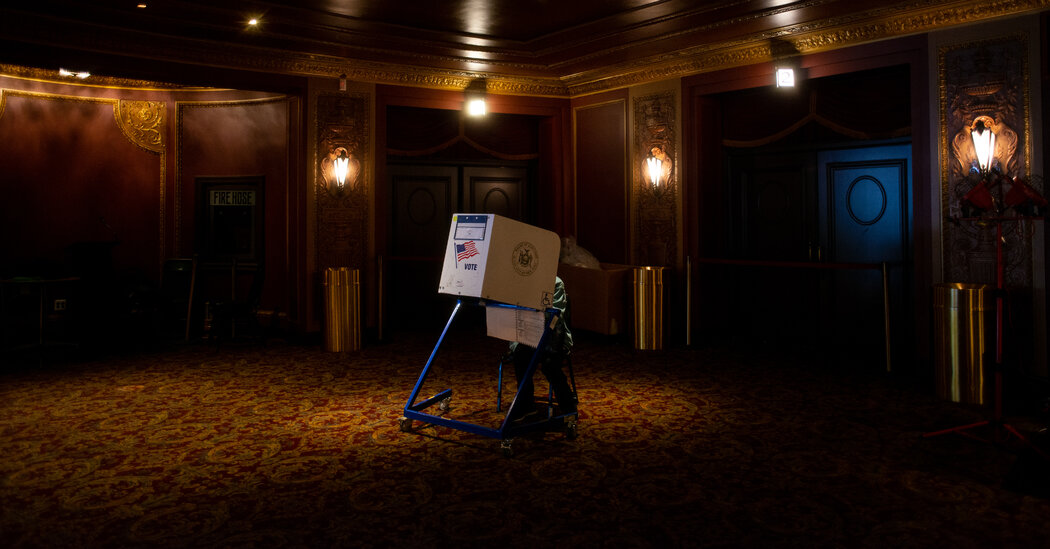Sunanda K. Datta-Ray | Weak Britain reluctant to confront aggressive China
British history books claim that before the First Opium War against Manchu China in 1839, the Chinese hoped there would be a lot of “talkee-talkee before fightee-fightee”. This time around, it is the British who seek discussions and negotiations before the war of words over China’s alleged human rights abuses spills over into action.
The United States also drew back when similar arguments erupted with China. One reason was that China held $3,399.9 billion of the American Treasury’s foreign exchange reserves. Another factor was the calculation that the American cost of living would shoot up without access to cheap Chinese footwear, clothing, electricals and household goods.
No wonder British Prime Minister Boris Johnson’s Integrated Review of Security, Defence, Development and Foreign Policy skirted around the subject of China. The 100-page review even hinted that Russia was Britain’s most serious threat and the reason for acquiring high-tech drones and the expensive paraphernalia of cyber warfare and satellites to control space while increasing the stockpile of nuclear warheads by 40 per cent.
No wonder Britain’s response was limited to grieving rhetoric when Beijing imposed sanctions on five ruling Conservative Party MPs, two peers, a barrister and an academic. They can no longer travel to China, and any assets they there will be frozen. “Willing to wound, and yet afraid to strike/ Just hint a fault, and hesitate dislike”, as in Alexander Pope’s poem, Mr Johnson “noted that China has chosen to sanction individuals and entities that are seeking to shine a light on human rights violations”.
Apart from the Uighur Muslims in Xinjiang, the British PM must have two other controversies in mind. One is Hong Kong, where the citizens’ protests have been continuing unrelentlessly despite Beijing’s crackdown and the enforcement of its harsh new security law, the other the Chinese telecommunications giant Huawei, which Britain excluded from its 5G networks last year as a result of American pressure backed by Britain’s defence establishment. Huawei of course denies any spying activities. While China’s response to the exclusion was muted, it…

